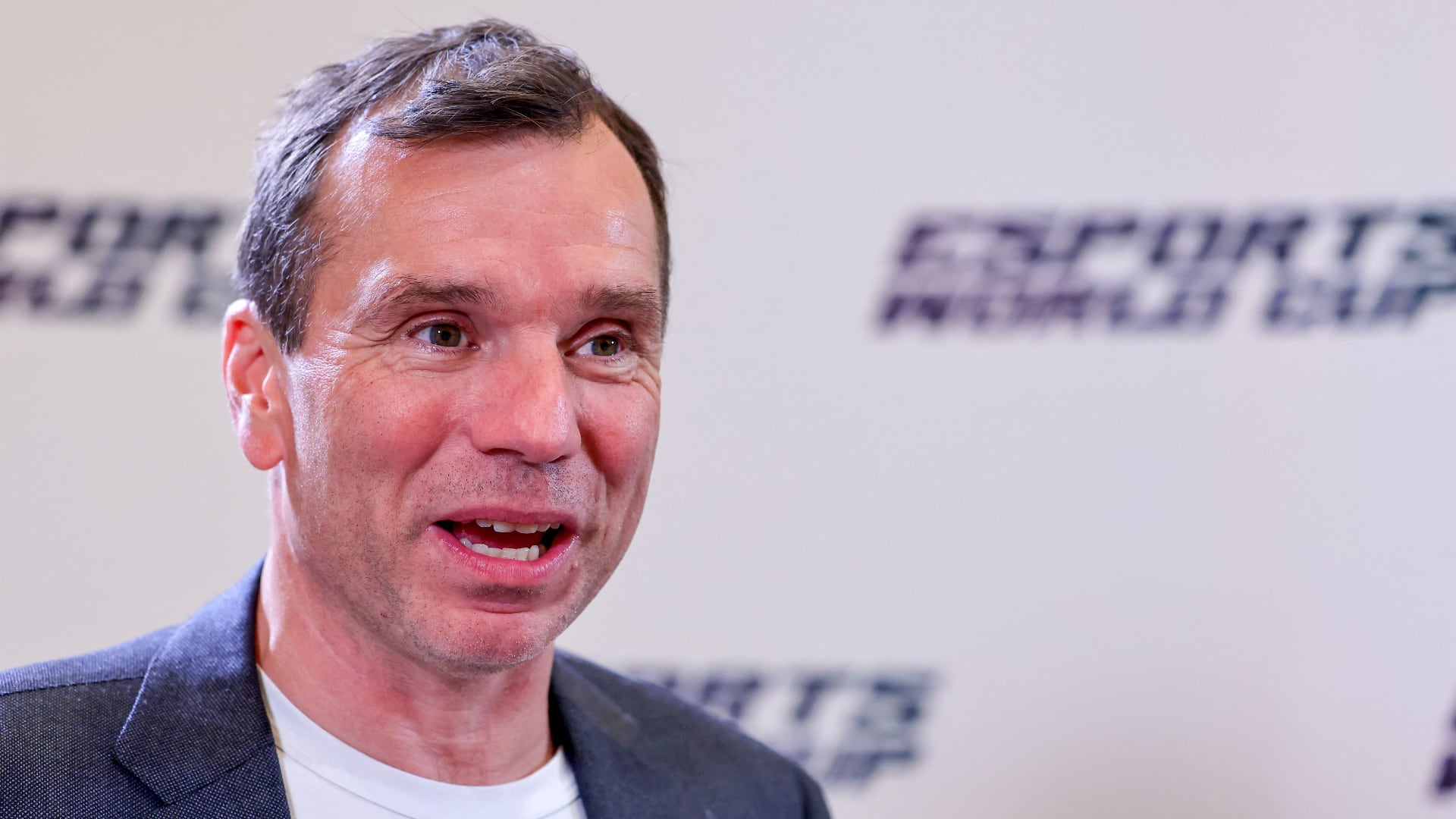*By Carlo Versano* Investors on Monday appeared to sign off on a renegotiated North American Free Trade Agreement (NAFTA) agreement ー with the Dow closing up nearly 200 points, marking its second highest close ever. Among the biggest winners from the deal was the U.S. dairy industry, said Lauren Gardner, reporter for POLITICO Pro Canada. "The president seized on that after hearing from stakeholders in Wisconsin who were very unhappy with how the Canadian dairy market was being protected by that country," she said in an interview with Cheddar Monday. "Another front was autos...They didn't totally take tariffs off the table, but they did get Canada to agree to a higher cap." Those stocks certainly seemed to respond in kind. Shares of General Motors ($GM) were up about 1.3 percent on Monday, while Ford ($F) rose a percent. The market reaction came after the U.S. and Canada announced hours before a midnight deadline Sunday a framework for a deal that ー paired with a previous agreement from August between the U.S. and Mexico ー would replace NAFTA and deliver a policy win for President Trump one month before a crucial midterm election. The deal, the United States-Mexico-Canada Agreement (USMCA), will include concessions from Canada for greater U.S. access to its dairy market. In exchange, the U.S. will modify its language on dispute settlements. The latest agreement also puts an end to over a year of tumultuous negotiations between the three countries. It also creates new language for the tech industry, which was in its infancy when NAFTA was conceived in the early 90s. The new deal also requires automakers to build more cars in North America with higher-paid workers. "It's a good day for Canada," Prime Minister Justin Trudeau, who reasserted himself in frantic negotiations over the weekend to close the deal, said Monday. President Trump [tweeted](https://twitter.com/realDonaldTrump/status/1046714711268622336) his support early on Monday, saying the pact "will bring all three Great Nations together in competition with the rest of the world." Mexico had been eager to have a deal in place before sitting president Enrique Pena Nieto leaves office and the president-elect Andres Manuel Lopez Obrador takes up the mantle on Dec. 1. The question remains stateside whether lawmakers in Congress will formally ratify the pact when they vote on it, likely in early 2019. That probability will shift further if Democrats, unwilling to hand a victory to the Trump administration, take the House in November.












